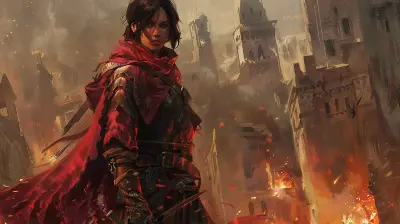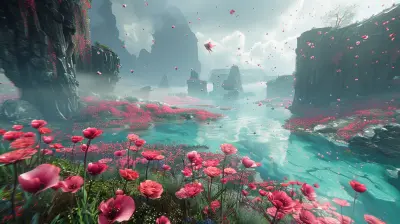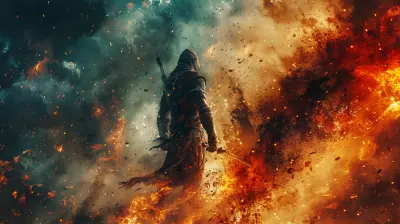The Impact of Game Modding on Indie Development
25 October 2025
Video games have come a long way from the pixelated blocks of Pong and the linear narratives of the early '90s. Today, we're living in an age where games are not just consumed—they’re co-created. And if there's one trend that’s made a significant splash in the indie gaming scene, it’s modding. But what’s so special about game modding, and how is it shaping the future of indie development? Buckle up, because we're about to dive deep into that rabbit hole.
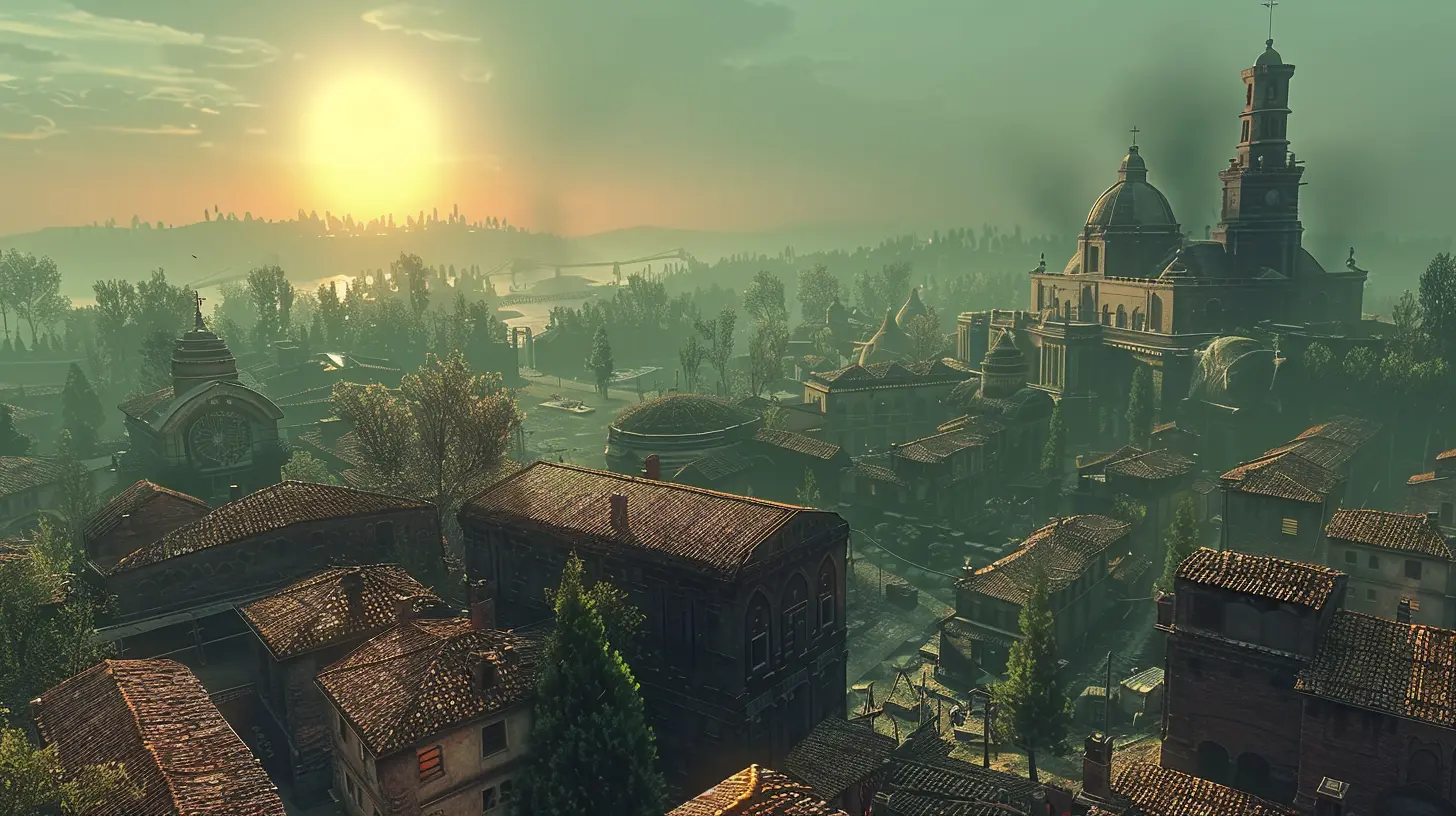
What Is Game Modding, Anyway?
Let’s start at square one. Game modding (short for "modifications") is when players or developers alter a video game to tweak, enhance, or completely transform it. This can range from simple aesthetic changes, like swapping out character skins, to ambitious overhauls that add new quests, features, or even rewrite the game's entire storyline.You’ve probably heard of some famous mods—Counter-Strike was originally a mod for Half-Life. Dota? A mod for Warcraft III. These examples aren’t just cool stories—they're actual proof that modding is a launchpad for innovation.
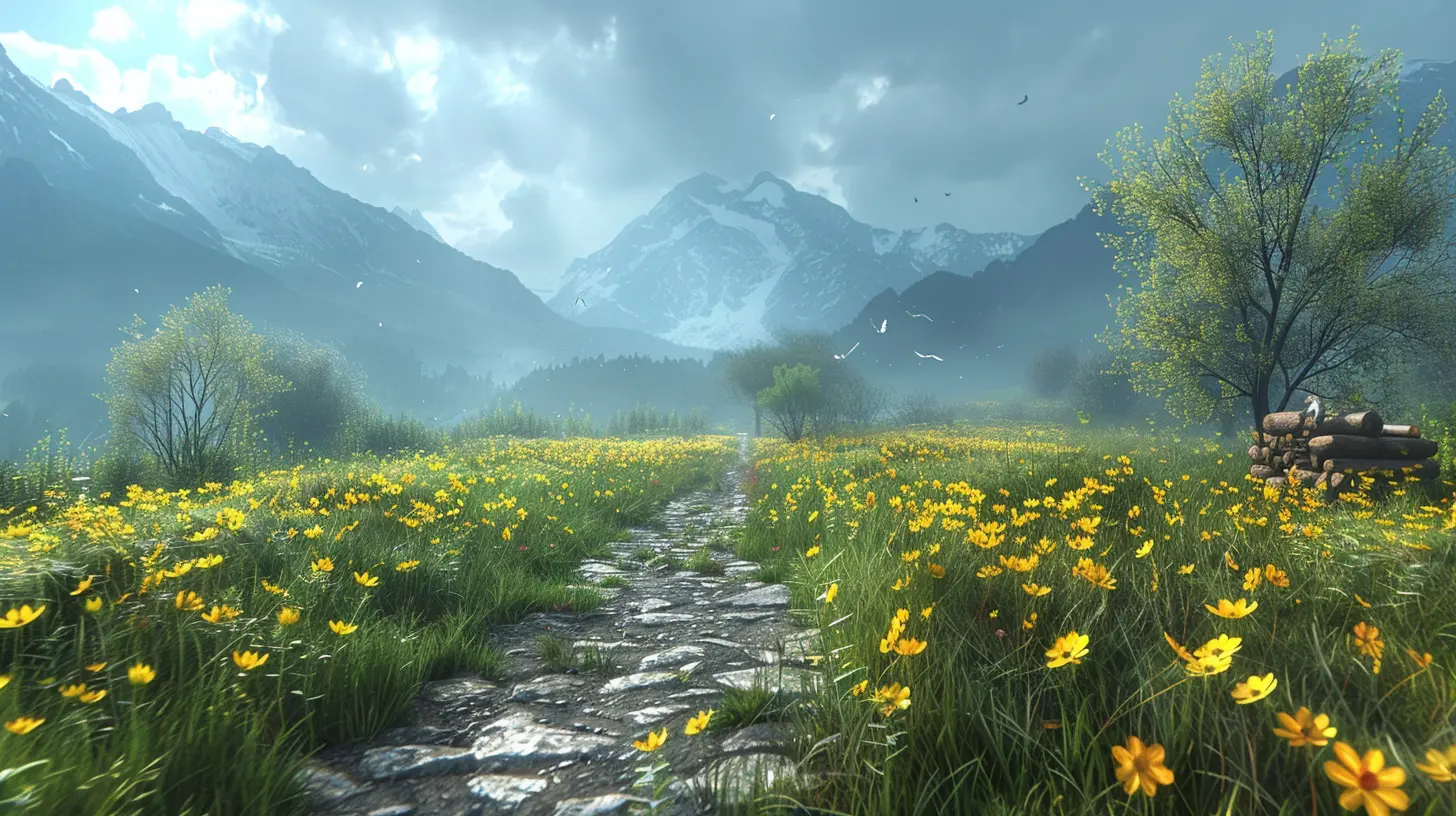
The Connection Between Modding and Indie Games
A Match Made in Creative Heaven
Indie developers—those small, passionate teams (or even solo devs) working without the big bucks of AAA studios—are all about creativity. And guess what modders are all about? Yep, creativity too. This shared DNA is why modding and indie development go together like peanut butter and jelly.Modding doesn't just provide inspiration; it actively fuels new game mechanics, art styles, and even entire game worlds. Many indie devs start out as modders experimenting with engines like Unity, Godot, or Unreal. These platforms make it relatively easy to tinker around, break things, and learn in the process.
Low Risk, High Reward
For indie developers, risk is a major factor. They don’t have massive marketing budgets or multi-year dev cycles to waste. Modding offers a low-risk environment to test ideas. If a particular mechanic or concept gets traction in a mod, why not build a full game around it?This trial-and-error loop is gold for game innovation. It’s essentially beta testing in the wild, with instant player feedback.
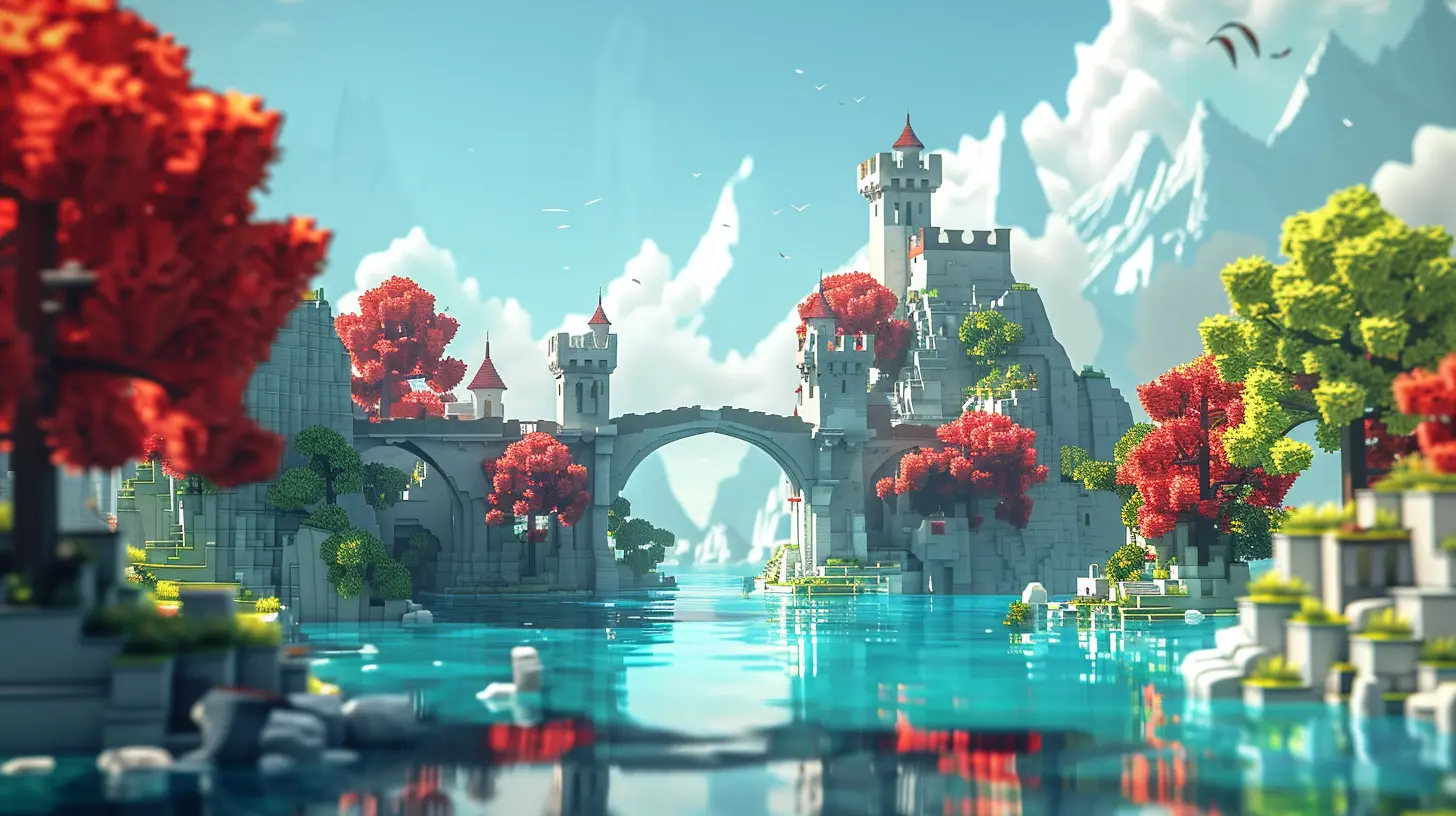
How Modding Kickstarts Indie Careers
From Modder to Indie Dev
A lot of indie devs started right where modders are now—tweaking someone else’s game. In fact, modding is often a stepping stone into full-scale game development. Why? Because it’s the perfect playground to learn essential skills, like game design, level building, scripting, and even community management.Let’s face it—learning game development from scratch is tough. But when you mod an existing game, you're learning by doing. You don’t have to build every system from the ground up. You just rearrange, recode, and reimagine.
Plenty of developers in the indie scene got their break through mods that became viral. The best part? Their communities often followed them to their new, standalone titles.
Building a Fanbase Before the Game Even Exists
One of the biggest headaches for indie devs? Marketing. You could have the most incredible game ever, but if no one knows about it, it’s dead in the water.Here’s where modding flips the script.
If your mod gains a following, you’re not starting from zero when you launch your own game. You’ve already got players who trust your creativity, voice, and design style. That’s marketing gold.
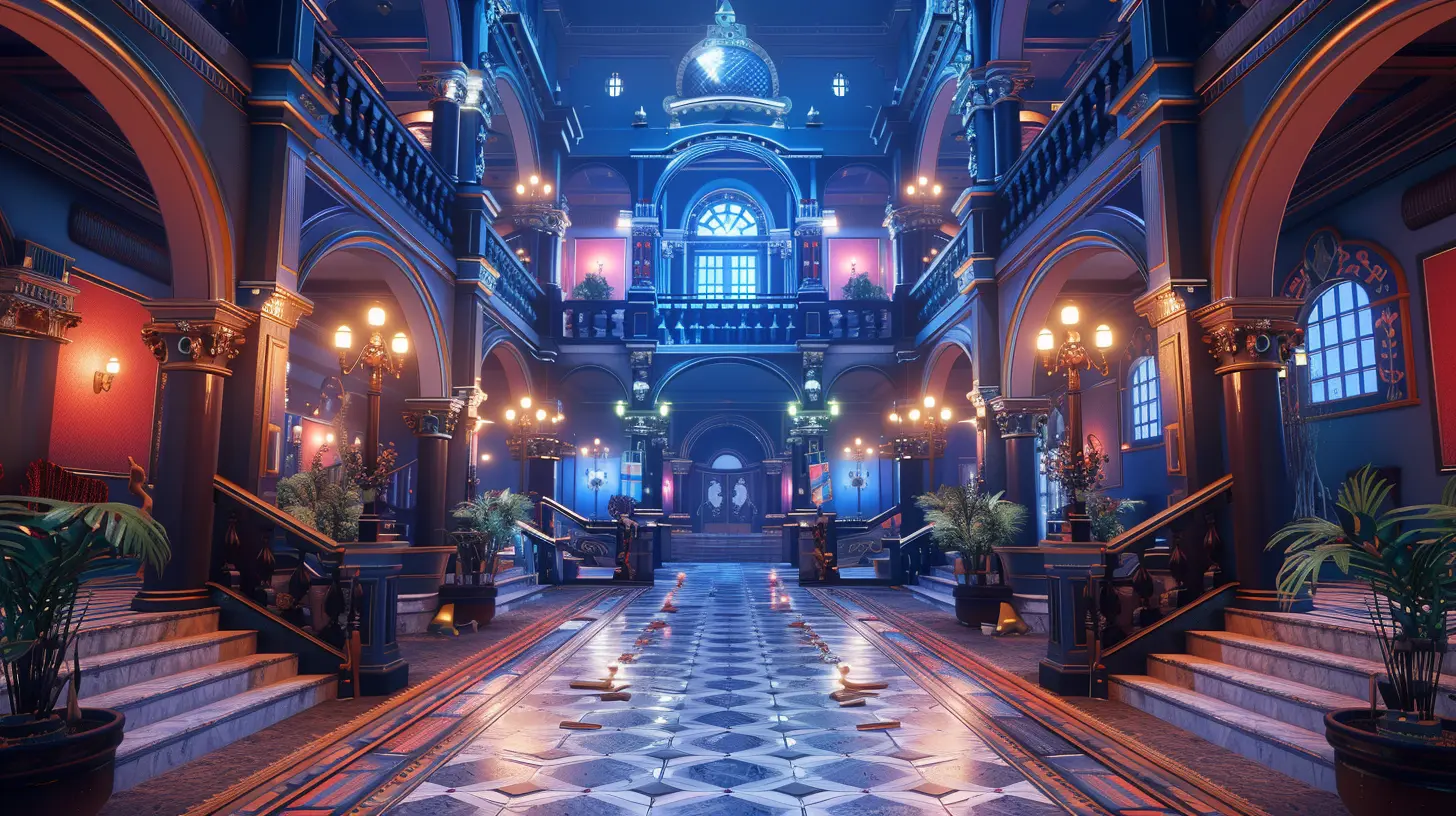
Popular Examples Where Modding Led to Indie Success
If you need proof that modding isn't just a fun hobby but a serious stepping stone, take a look at these standout stories:1. Garry’s Mod → Facepunch Studios
This is the poster child of mod-to-indie success. Garry Newman started Garry's Mod as a sandbox mod for Half-Life 2. No levels, no goals—just creativity. The mod exploded, and Newman founded Facepunch Studios to turn it into a standalone product.Now? The game has sold millions of copies and spawned other hits like Rust.
2. DayZ → Bohemia Interactive
Originally a mod for ARMA 2, DayZ transformed a military sim into a brutal zombie survival game. It was so wildly popular that it became its own standalone title and inspired an entire wave of survival games.3. The Stanley Parable → Galactic Cafe
Yup, this beloved narrative game started as a Half-Life 2 mod. It was quirky, thought-provoking, and gained such cult status that the developers turned it into a full indie release. And it was a hit.Modding as a Feedback Machine
Real-Time Reactions
Modders get the benefit of seeing instant community response. Let’s say you add a new spell to a modded RPG—boom, you’ll know within hours if players think it’s overpowered or super fun.Imagine this feedback loop in the hands of an indie developer. That kind of fast, real-world testing is like a cheat code for making better games.
Experimentation Without Consequence
Trying out wild ideas in a full-scale commercial game can be financially dangerous. But with modding? The stakes are low. It allows devs to take risks—crazy risks, the kind that can lead to genre-defining innovations.
The Community-Driven Nature of Modding
Crowdsourced Creativity
Modding thrives on community. Forums, Discord servers, Reddit threads—these are the think tanks where ideas are born, tested, and refined. And for indie devs, this community aspect is invaluable.Need ideas? Feedback? Beta testers? Modding communities are full of passionate players ready to lend a hand. They don’t just play—they help build.
Collaborative Development
One of the coolest things about modding is that it's often collaborative. People from different corners of the globe work together to craft amazing stuff. When indie devs participate in these communities, they’re not just networking—they're building future teams.Many indie studios are formed by people who met through modding. Like a band that starts by playing garage covers and ends up headlining Coachella.
Legal and Ethical Considerations
Okay, not to be a buzzkill, but we’ve got to talk about the legal side.Modding can be a legal gray area. Some game companies encourage it (looking at you, Bethesda), while others shut it down fast. As an aspiring indie dev, it's essential to know where the lines are.
Know the Terms of Service
Some companies explicitly allow modding and even provide official tools. Others prohibit it in their EULAs. Always read the fine print before you release that next great Skyrim overhaul.Ownership of Ideas
If your game is based heavily on a mod you created within someone else’s title, make sure you can legally transform it into a standalone product. Avoid stepping on IP toes. Otherwise, you might find yourself in legal hot water.
The Future of Modding and Indie Development
Looking ahead, the lines between modding and indie dev will likely continue to blur. With tools like Unreal Engine and Unity becoming more accessible—and featuring asset libraries and templates—it’s easier than ever for modders to "level up" into full-fledged indie developers.We’re also seeing studios embrace modding in smarter ways. Some even treat it like scouting—watching the modding community for fresh talent, kind of like how YouTube turned into a farm system for mainstream media.
Final Thoughts: Why It All Matters
The impact of game modding on indie development isn’t just big—it’s massive. We’re talking about an ecosystem where creativity feeds creativity, where fans become developers, and where bedroom coders can end up as gaming legends.Modding isn’t some niche side hustle. It’s where the next great indie dev is probably tinkering right now, dreaming up the next cult hit. So whether you’re a gamer, a modder, or someone toying with the idea of making a game, know this:
Your mod could be the first chapter of your indie success story.
all images in this post were generated using AI tools
Category:
ModsAuthor:

Avril McDowney
Discussion
rate this article
1 comments
Sheena McMichael
Game modding represents both a canvas and a crucible for indie development, fostering innovation and collaboration. It empowers creators to transcend limitations, inviting a dialogue between players and developers. This symbiotic relationship not only enhances gameplay but also challenges conventional narratives about ownership and creativity in the gaming landscape.
October 25, 2025 at 3:28 AM

Avril McDowney
Absolutely! Game modding indeed serves as a vital platform for innovation and collaboration in indie development, pushing creative boundaries and fostering a unique relationship between players and developers.
